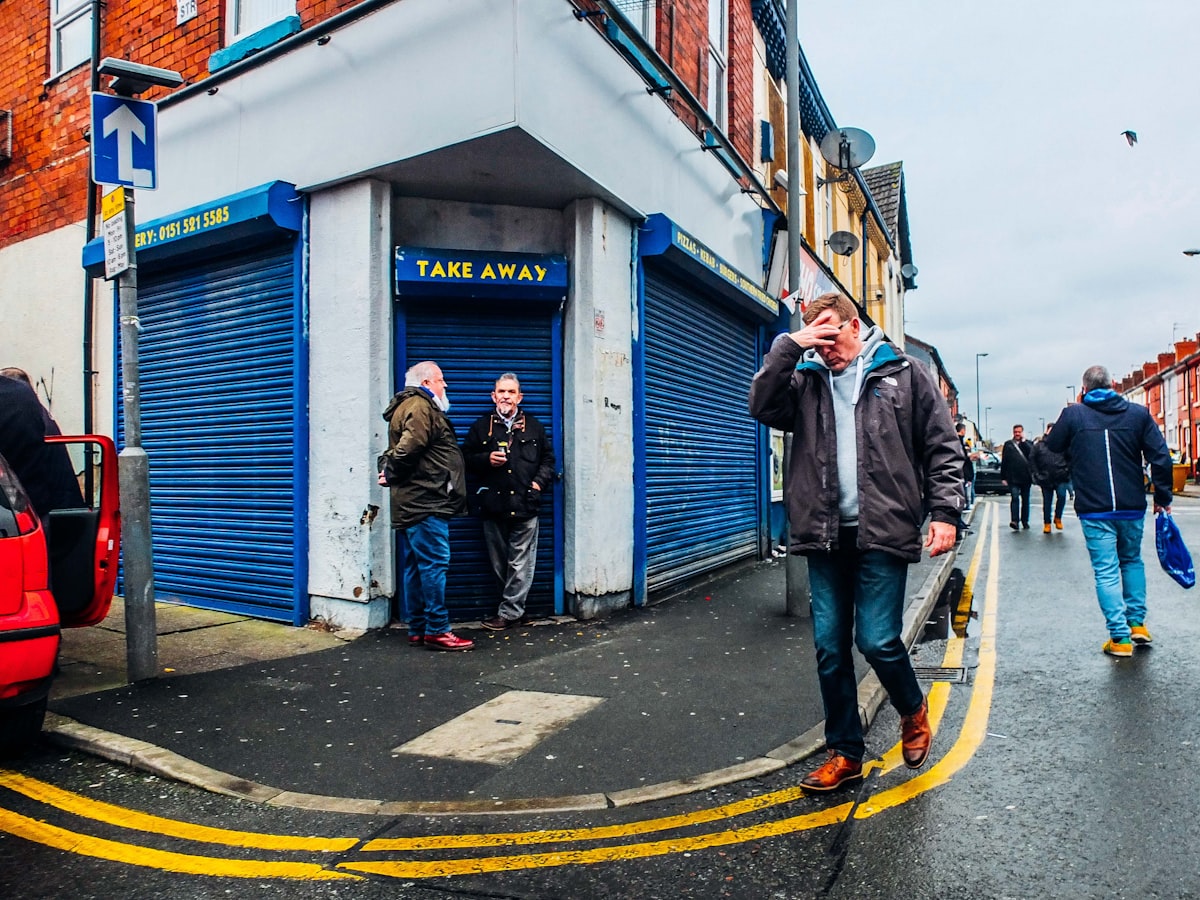The Social Ownership of Soccer Clubs

Ryan O’Hanlon interviewed economist Mark Blyth for his newsletter: How the Spectacular, Comical Failure of the Super League Explains the World
Blyth: I think it’s heartening in the following sense. It’s emblematic of broader shifts that are going on right now. Basically we’re all struggling to find a capitalism 4.0, and we’re all fed up with capitalism 3.0, and this is a huge example of the limits of capitalism 3.0. This “I own it. It’s my right. I’ll do what I want with it”. Except, no you won’t because there’s such a thing as a public conception of ownership of these assets, even if you formally own them. There are limits to how far you can push this market logic on the social institutions without provoking a reaction. Karl Polanyi, the Hungarian sociologist and historian from the 1940s, wrote that the big fuck-ups of the 19th century and 20th century were attempts to shove markets down people’s throats to the point where they revolted.
The interview goes on to say fans act as if they own teams (i.e, teams are "socially owned"). So, even if teams are privately owned by capital, and the owners think "I can do what I want with what I own!" The fans can (and have) exercised their social ownership.
This may seem like superficial sports-talk, which on one level it is, it is also a good example of what organization of the masses of non-rich-people along the lines of shared interests can accomplish.
I found this via Kotttke.